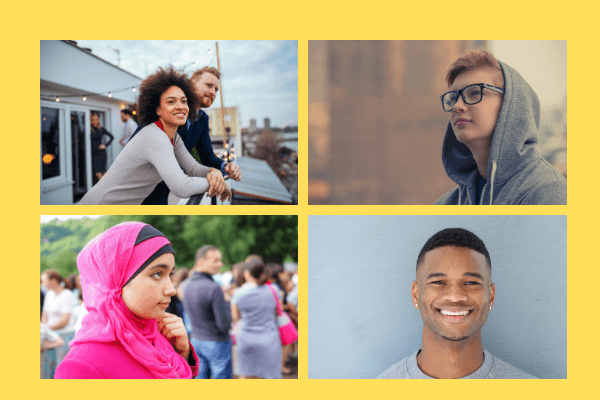At Mind in Harrow, our HeadsUp project supports Youth Mental Health Day on 7 September 2020 to encourage understanding and awareness of mental health in young people, enabling them to live happy and healthy lives all year round.
Each year, Youth Mental Health Day aims to get young people, and those who support them, talking about how to improve mental health.
Mental health concerns for young people have multiplied in recent times. Even before the COVID-19 crisis, one in eight children and young people aged between 5 and 19 in England had a mental disorder. Though times may be hard, Youth Mental Health Day is here to give young people hope. By getting young people, and those who support them, engaging in discussions about how to improve mental health, YMHD goes beyond awareness and breaking the stigma surrounding mental health, into tackling the heart of the issue.
stem4, is the founder of the first ever Youth Mental Health Day in the UK. They support teenagers and young adults to build positive mental health.
This year (2020) is the first YMHD and will be focused on building resilience with the theme ‘Bounce Not Break’. The campaign focuses on the need to understand that anyone, however successful or seemingly popular, or funny, can face struggles with mental health, but that you can ‘bounce not break’ by finding strategies that help you cope.
In Harrow, our HeadsUp project is a free and confidential service for young people aged 11-25 in Harrow. The service aims to support young people in Harrow to improve their mental health, resilience and self-esteem.
They provides peer-led mental wellbeing workshops and specialist one-to-one and group sessions tailored for young people from the LGBT+ community, young people from refugee and asylum seeking families, young people with a diagnosis/suspected diagnosis of ADHD or Autism and young people who self-harm or have experience of sexual exploitation, abuse or neglect.
To access the service or make a referral, please click here.

